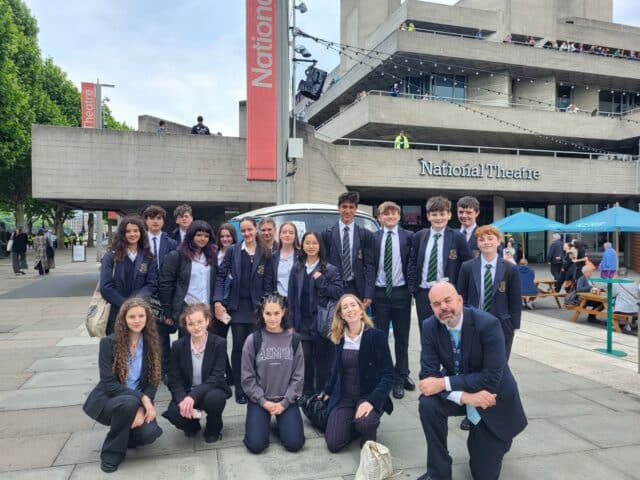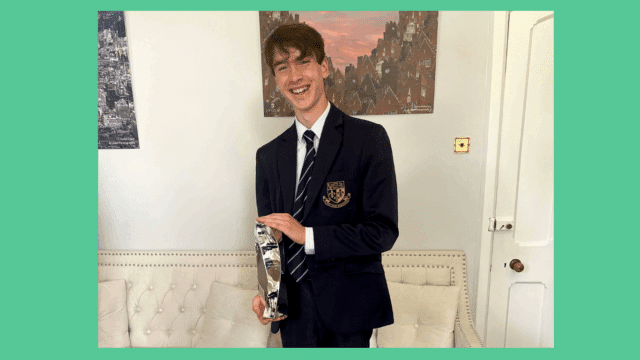Over three days we visited memorials, war graves, battlefields, trenches and shell craters along the Western Front, the line of attrition of what was supposed to be a quick war “over by Christmas”.
Our first stop was Vimy Ridge, 10km north of Arras, France. With little space for a history lesson here, suffice to say that this was a compelling place to start our tour. Occupation of the ridge afforded either side a good view of the area, making it a prize possession: at great cost, the Canadians were tasked with reclaiming it from the Germans. We moved from preserved trench and tunnel systems to the striking Canadian National Vimy Memorial, which commemorates not just the 1917 Battle of Vimy Ridge, but the 66,000 Canadians killed in the course of WWI, of whom over 11,000 have no known graves.
We went on to visit Tyne Cot Cemetery, the world’s largest Commonwealth war-grave cemetery and final resting place for 11,961 souls who died in the Battle of Passchendaele; Langemark German Military Cemetery, where one finds the names of the “student soldiers” – university students who volunteered to join the war but were given only six weeks’ training; and Lijssenthoek Military Cemetery, from 1915-20 the site of the largest field hospital in the Ypres Salient, now containing over 8,000 British Army headstones, amongst them those of three Epsomians.
While nonsensical to compare cemeteries, memorials, battlefields and the like, on this occasion at least, one of the most stirring was the Devonshire Cemetery, a small CWGC burial site located in the midst of typical French farmland.
All but two of the graves are of men from the 8th and 9th Battalions of the Devonshire Regiment killed in the Battle of the Somme. The cemetery lies on a section of the old frontline trench on ground originally held by troops of the Devons before their attack towards the German positions. Casualties were extremely heavy. A stone memorial tablet in the cemetery bears the inscription: ‘The Devonshires held this trench, the Devonshires hold it still’. It is the single word ‘still’ which stood out at the time, and lingers almost a week later.
‘Still’ because, aside from the obvious sense of loss, waste and senselessness which any consideration of war invokes, the overwhelming feeling I left with was one of connection: to those who fell, actually not so long ago, whose lives may have been ordinary or extraordinary; who may have held lofty dreams and ambitions or indeed none to speak of. Connection to fellow human beings, pure and simple.
As a group, we too left with a feeling of connection to each other, through stories told, family histories described and silences shared. We had been on more than one kind of journey: hard to put into words, but perhaps none are necessary.





